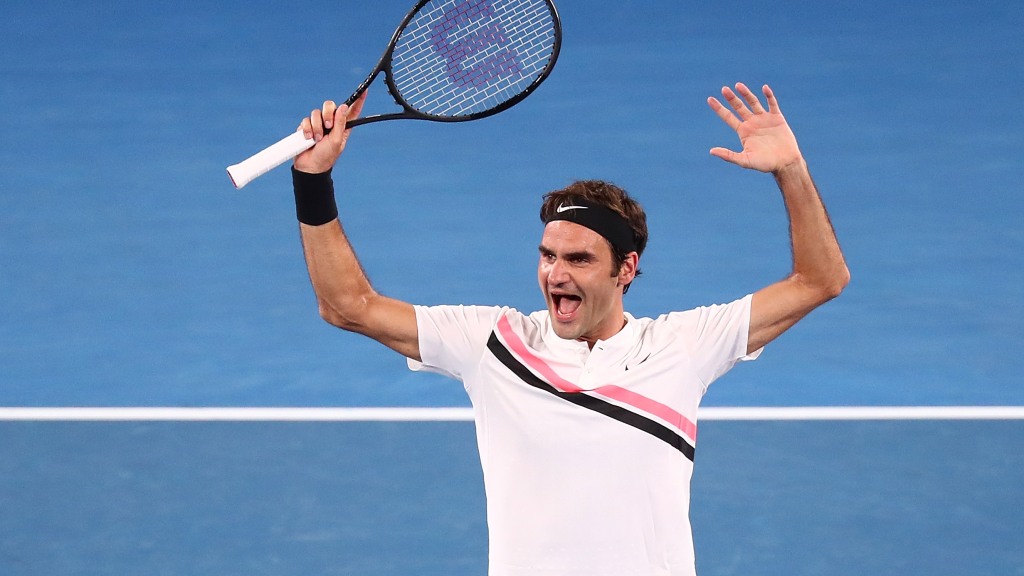Editor’s note: This story was originally published January 28, 2018. We have republished it following Roger Federer’s retirement announcement Thursday.
Forget Tom Brady. Forget LeBron James. Forget Tiger Woods, if you hadn’t already. With a thrilling five-set win over Marin Cilic in the Australian Open final, Roger Federer, in the midst of the greatest late-career comeback sport has ever seen, won his 20th major and undoubtedly clinched his spot as the greatest athlete of his generation.
Federer, 36, had now won three of the last six Grand Slams. He’s the best tennis player in the world, again, at an age when Pete Sampras had already been retired for a half-decade. His longevity is stunning: When he returned to the winner’s circle at last year’s Australian Open, it was supposed to be an epilogue to a tremendous career. Turns out it merely started another chapter.
How rare is Federer’s mid-30s dominance? In the past 45 years, only five men have ever won a Slam while older than 30 years, 10 months. None won multiple titles past that age and the oldest among them was aged 32. Federer, on the other hand, has four titles since hitting that age – almost as much as everybody else who’s ever picked up a racquet since 1973, combined. He has three Slams since turning 35 when no one of this, of the previous era, had one older than 32. It’s another assortment of firsts for a player who’s been setting them since 2003.
With all the recent success, it’s hard to remember just how impossible this all seemed as recently as 13 months ago. Yet the doubting of Roger Federer started long before that.
At the start of this decade, Federer was already widely considered the greatest tennis player in history. With his sublime footwork, picturesque backhand and an unparalleled on-court genius, Federer won 11 of 17 of Grand Slams from 2003-07 and then five of the next 10 after that. Overall, from the 2003 Wimbledon through the 2010 Australian Open, Federer won 16 of 27 majors and played in the finals of six more. Amazingly, for a seven-year stretch, there were only five majors that didn’t feature Roger Federer on the final Sunday.
And then Federer turned 30, an age at which some athletes (quarterbacks, basketball players, soccer stars) are hitting their prime while others (running backs, Olympic athletes and tennis players) are on their way over the hill. Rafael Nadal and Novak Djokovic were five years younger than Federer and hitting their…
Click Here to Read the Full Original Article at Tennis | For The Win…

